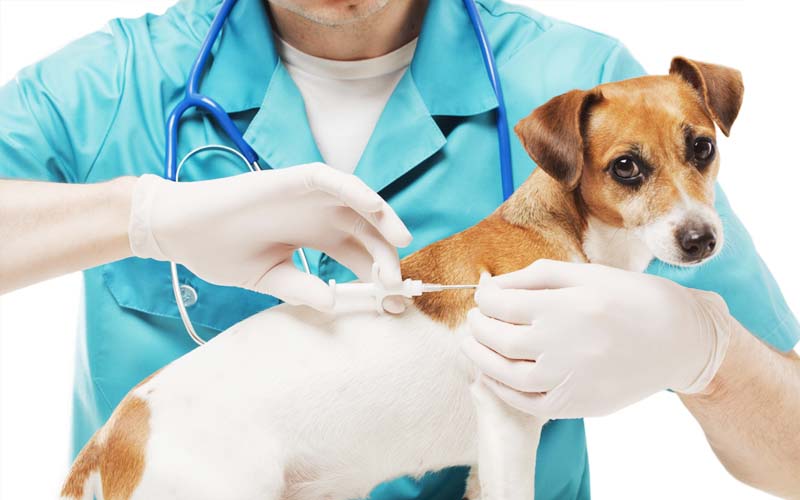Dog Care

Intestinal Worms
Heartworm
Alternatively monthly medications, either tablets or spot-ons products such as Sentinel, Interceptor and Advocate can be used.
Contact our reception nurses for further information and advice about which product best suits your pets situation

Fleas
Vaccinations
Nutrition
Adult dogs still need to have a balanced diet and Hills Science Diet has a built in dental defence which helps protect your dogs teeth from plaque and tartar build up and also contains DHA, essential omega 3 and 6 fatty acids to help maintain healthy skin and coat and promote brain function.
When feeding senior dogs it is important to consider that if they are less active, then their food requirement may be less as well.
As our dogs age they can develop arthritis and associated joint pain. If your dog is being over fed and gains weight, this excess weight can add to the amount of joint pain experienced. Hills Science Diet have diets available specific to mature dogs and have included ingredients such as glucosamine to help maintain joint health.
When compared on a day by day cost basis these diets compare favourably with lower quality diets and ALL premium food sold at Spearwood Veterinary Hospital comes with a 100% money back guarantee.
Do’s and Don’ts
DO
DON"T
DON"T

Microchip


 9418 3400
9418 3400